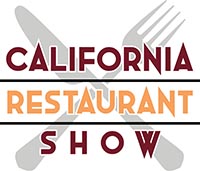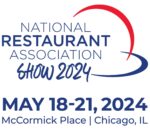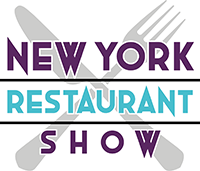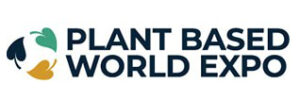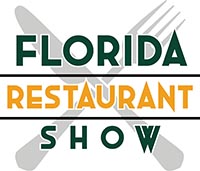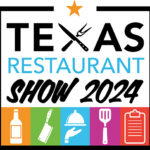By Sara Perez Webber
Many Americans have responded to the COVID-19 crisis by helping their neighbors in need. America’s Food Fund—a GoFundMe campaign led by Leonardo DiCaprio and Laurene Powell Jobs, benefiting Feeding America and World Central Kitchen—has raised nearly $14 million as of April 17. Jeff Bezos contributed $100 million to Feeding America’s COVID-19 Response Fund. Yet Feeding America—the largest hunger relief organization in the U.S.—continues to see demand for its food banks rise as a result of the crisis.
“Since establishing the COVID-19 Response Fund in March, Feeding America has distributed $112.4 million and over 94 million pounds to food banks throughout the network,” says Justin Block, managing director of retail information services at Feeding America. “That comes out to nearly 79 million meals for our neighbors facing hunger.”
Block says the donor response to the COVID-19 fund “has been tremendous,” but the need is so great that food banks are still struggling. “For each week that passes during this crisis, the demand on the Feeding America network grows,” says Block. “In a recent survey of member food banks conducted March 31-April 2, nearly all 200 food banks reported serving more neighbors in need while at the same time nearly 60 percent are reporting reduced inventory levels.”
For example, the Greater Pittsburgh Community Food Bank went from operating large mobile distributions serving 500 to 600 families to now serving 800 to 1,000 families; the San Antonio Food Bank went from serving 60,000 neighbors per week to 120,000 neighbors per week. “Due to increased demand, Feeding America estimates $1.4 billion in additional resources will be needed over the next six months to sustain operations and continue to provide food for our neighbors struggling with hunger—a 30 percent increase to the baseline six-month operating costs of 200 member food banks nationwide,” says Block.
MealConnect—which connects surplus food from caterers, restaurants and other businesses with food banks—continues to supply much-needed resources, although the current crisis has strained both local donation sources and volunteer driver capacity. “Still, operational food businesses are still posting on MealConnect and existing volunteer drivers are still performing pickups,” says Block. In fact, Feeding America has seen increased interest in MealConnect in response to the COVID-19 crisis, and is adding operations in such cities as Las Vegas; Oakland, Calif.,; and Montpelier, Vt.

To learn more about MealConnect and how businesses can get involved, see the recent article in Catering Magazine (https://cfe-news.com/waste-not/). To donate to the COVID-19 Response Fund, visit feedingamerica.org/take-action/coronavirus.


